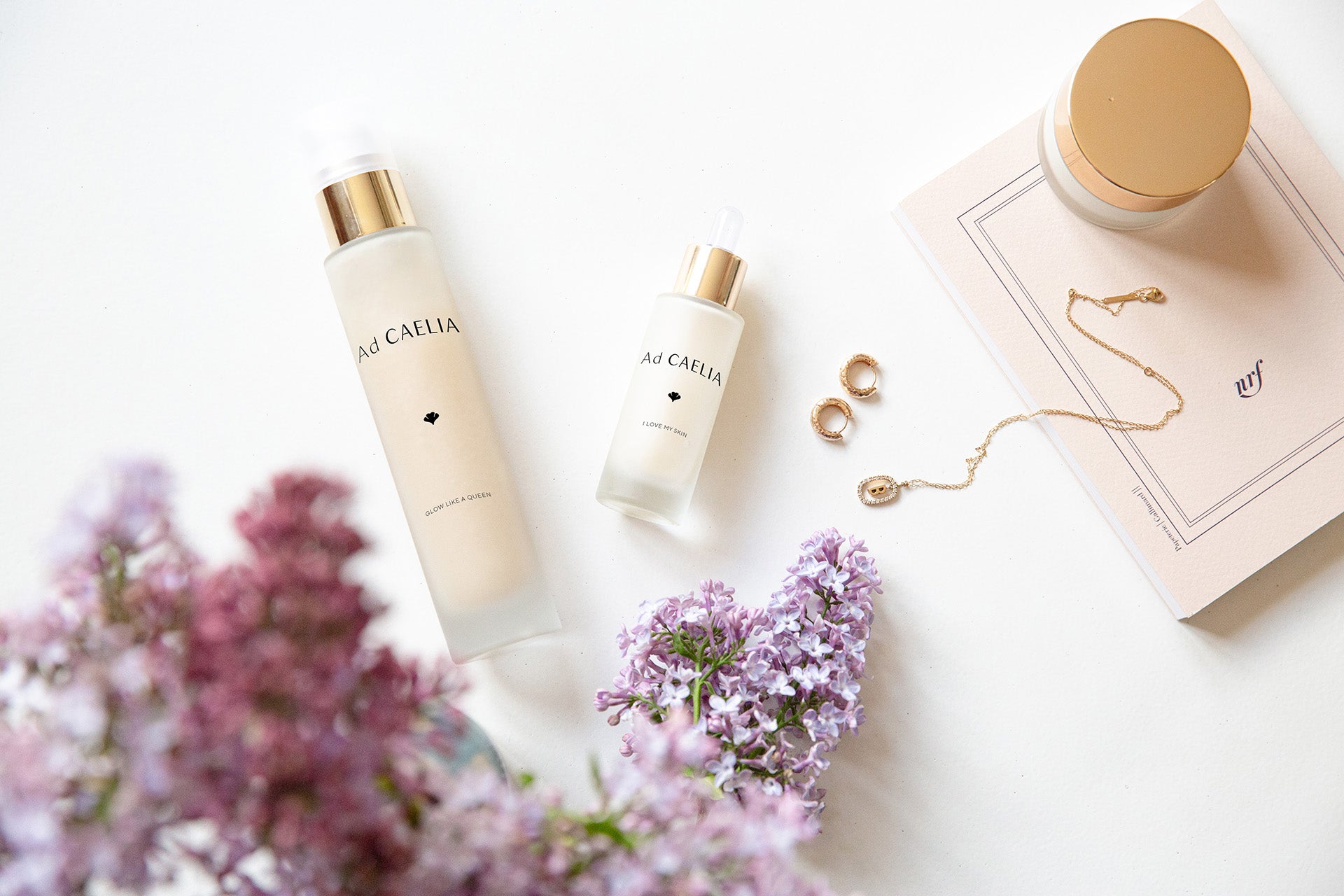
The importance of skin microbiome balance for radiant skin
Our skin is home to billions of microorganisms, including bacteria, fungi, and viruses, that together form what’s called the skin microbiome. This topic is increasingly discussed in skincare, and for good reason. This small ecosystem is essential to skin health, playing a major protective role. Much like the gut, our skin depends on this balance to function properly. Yet, it is often misunderstood or neglected in beauty routines. So, why is it so important to preserve our skin microbiome's balance? And what ingredients can help restore this balance when disrupted?
The skin microbiome: an Invisible bodyguard
Far from being a simple accumulation of bacteria, it forms a true protective barrier against external aggressions. A healthy microbiome helps maintain the skin barrier, preventing irritation, infections, and inflammation. It also acts as a shield against external threats such as pollution, UV rays, and chemicals. With urban lifestyles, when this balance is disrupted, skin becomes more vulnerable, leading to issues like acne, eczema, or dry and dull skin.
How does it develop?
The skin microbiome begins to form at birth. During a natural delivery, the mother's vaginal flora colonizes the newborn, helping them develop their own microbiome. In the case of a cesarean, it is the microorganisms on the skin and in the immediate environment that start this process. Over time, the skin microbiome grows to contain about 1 trillion bacteria, as well as viruses, fungi, and parasites.

How to rebalance the skin flora?
Closely linked to gut health, the skin flora can be rebalanced through certain ingredients found in both diet and skincare:
Prebiotics
Prebiotics are substances that nourish the beneficial bacteria on the skin, promoting their growth and activity. They are essential for maintaining a balanced microbiome.
- Inulin is a natural sugar extracted from plants like chicory that nourishes beneficial skin bacteria. Chicory root is one of the richest sources of inulin, but it is also found in Jerusalem artichokes, garlic, onions, leeks, etc.
Probiotics
Probiotics are live microorganisms, often derived from lactic bacteria, that strengthen the microbiome by providing beneficial bacteria to the skin.
- Lactobacillus is a type of probiotic known for soothing and rebalancing sensitive or irritated skin. It helps reinforce the skin barrier and reduce inflammation. Yogurts (unpasteurized), kefir, kimchi, and miso are important sources of lactobacillus.
Postbiotics
Postbiotics are substances produced by probiotics after fermenting fibers or other compounds in the gut. Unlike probiotics, which are live microorganisms, postbiotics are not, but they offer health benefits, including anti-inflammatory and regenerative effects for the skin.
- Lactic acid is an organic acid produced by probiotics, which gently exfoliates the skin while promoting hydration and supporting skin barrier regeneration.
Fermented Plant Extracts
Fermented plant extracts are also beneficial, as the fermentation process releases enzymes and peptides that nourish and balance the skin flora.
- Fermented extracts of rice or green tea are rich in antioxidants and nutrients that help protect the skin while supporting its natural microbiome.
Supporting Skin Microbiome Balance Daily
At Ad CAELIA, we have carefully formulated our products to balance the microbiome, restore the skin barrier, and strengthen the skin using unique natural actives and ingredients, such as Norwegian microalgae with microbiome-balancing properties. Taking care of the skin microbiome is essential for healthy and radiant skin. At Ad CAELIA, we’ve designed each product to support this balance, promoting skin that is more resilient, soothed, and luminous every day.


Leave a comment
This site is protected by hCaptcha and the hCaptcha Privacy Policy and Terms of Service apply.